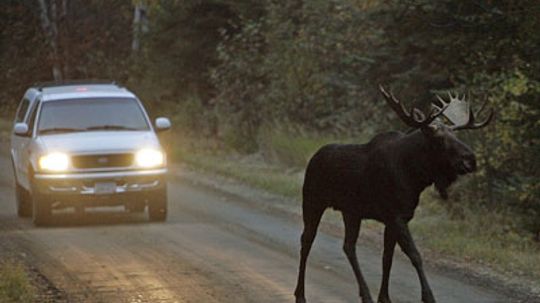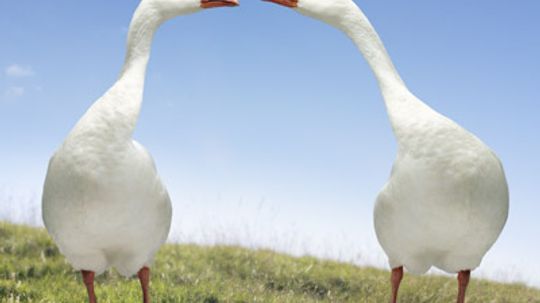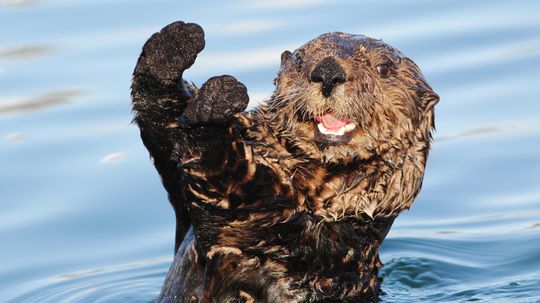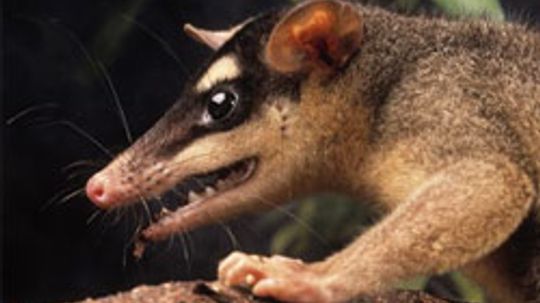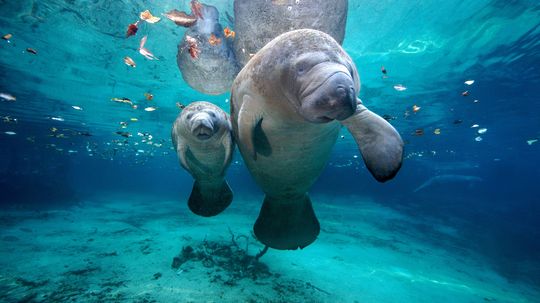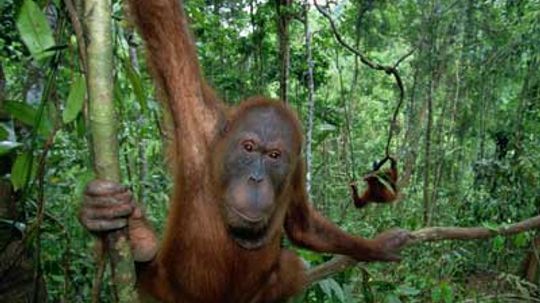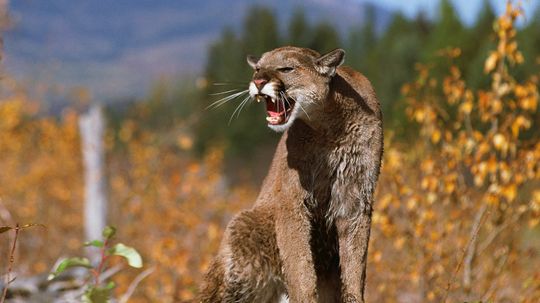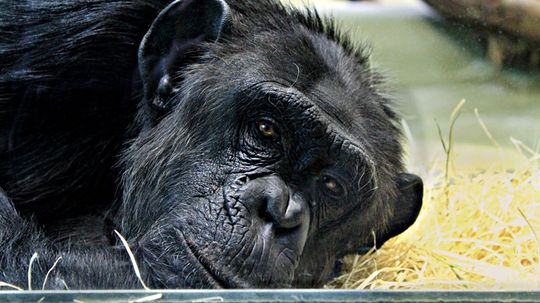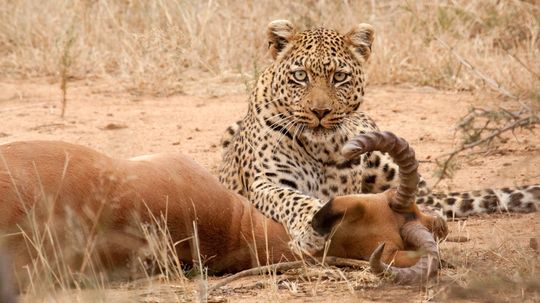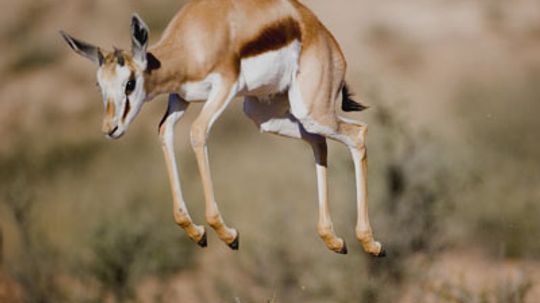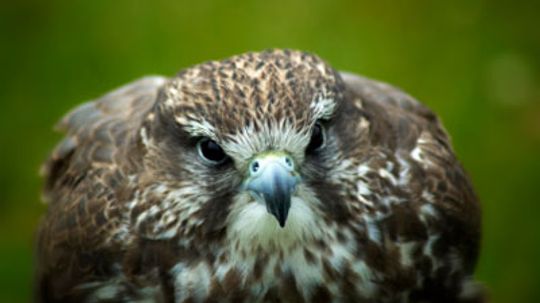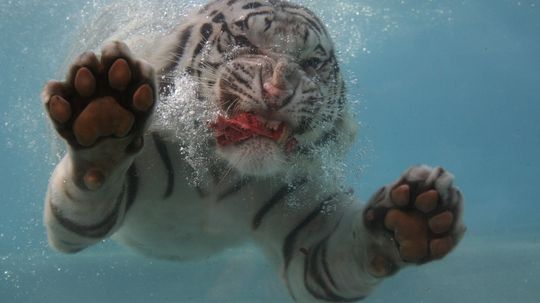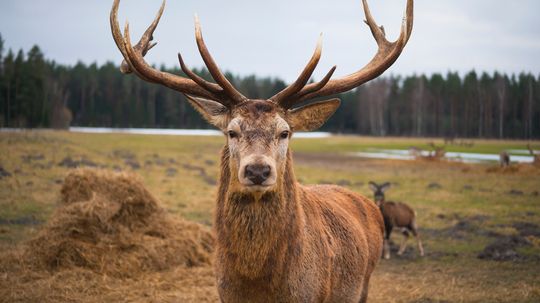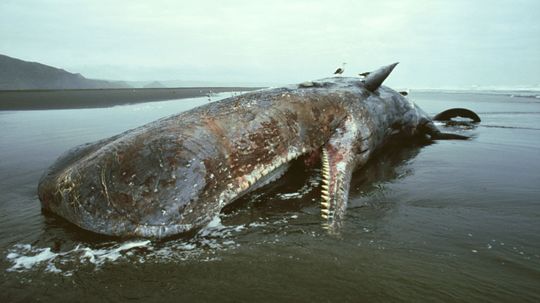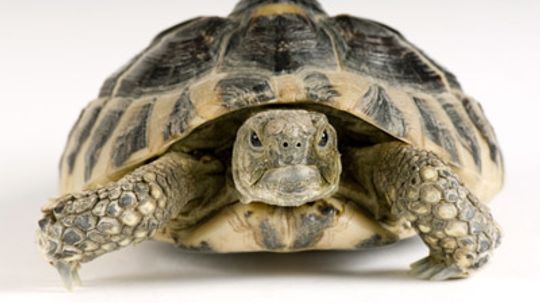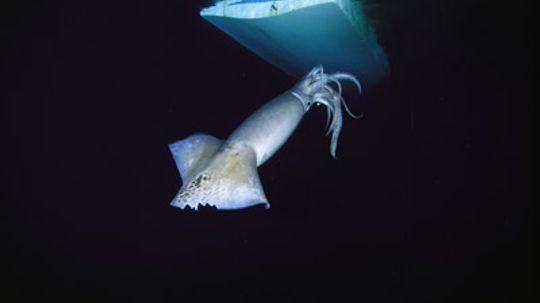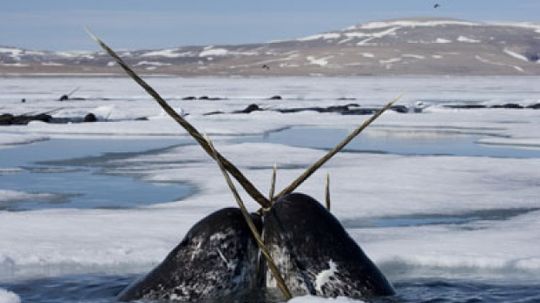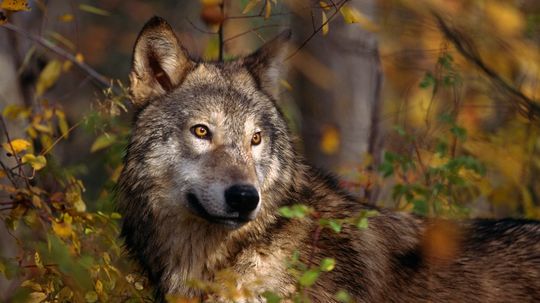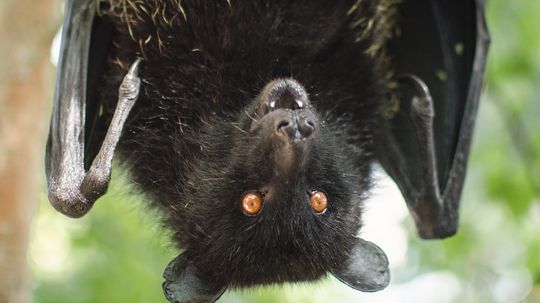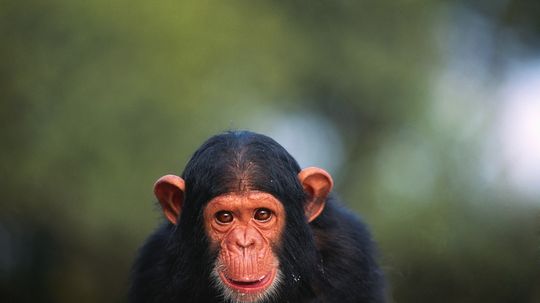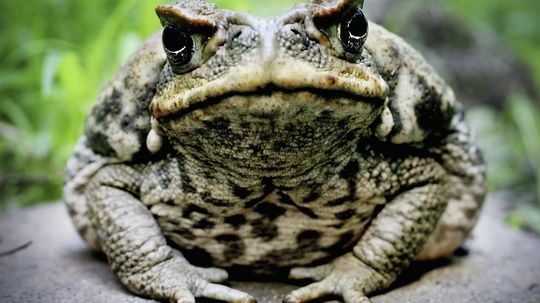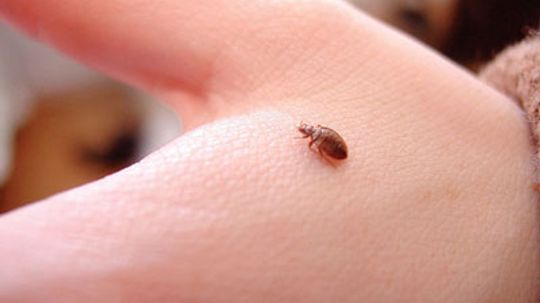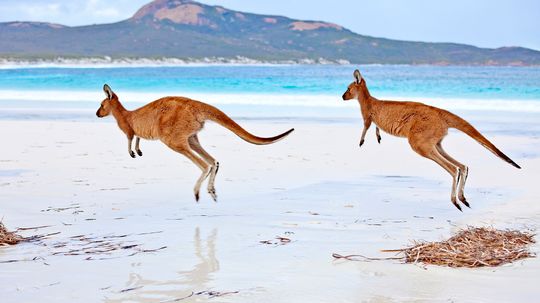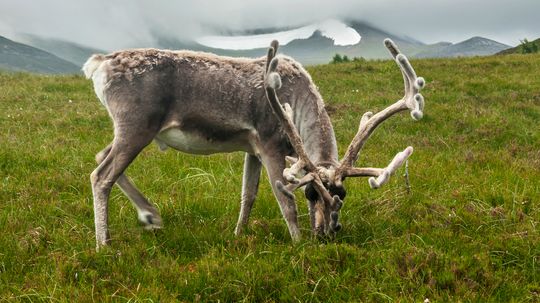Wild Animals
Whether they crawl, fly, swim, slither, walk, run or pounce, wild animals rely on their instincts. Read about all kinds of wild animals, mammals, birds, fish, insects, reptiles and amphibians.
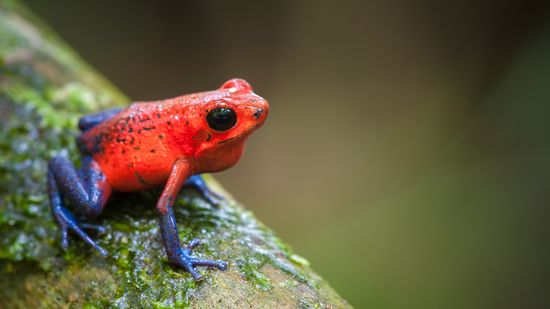
12 Colorful Frog Species: From Tie-dyed Designs to Rare Hues
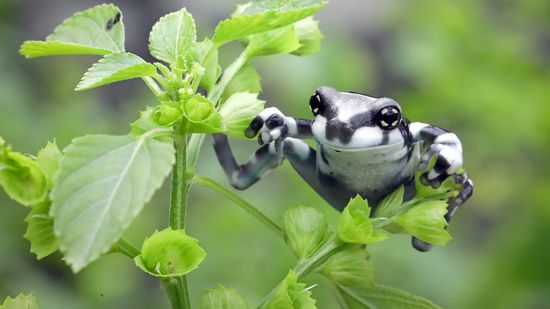
Amazon Milk Frog: Named for Its Defense, Not Its Color
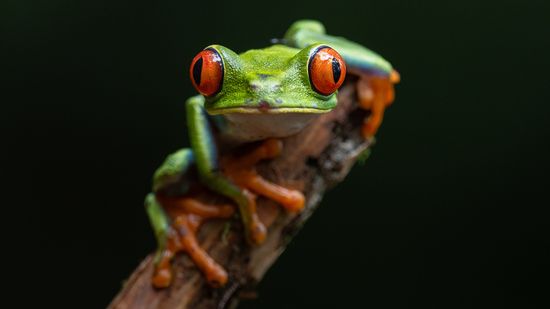
The Red-eyed Tree Frog Has Extremely Sensitive Skin
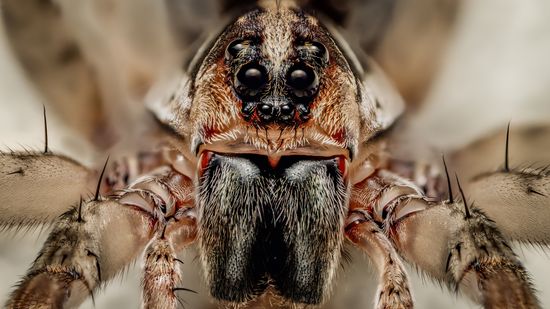
What Is a Group of Spiders Called? (Aside From Icky)
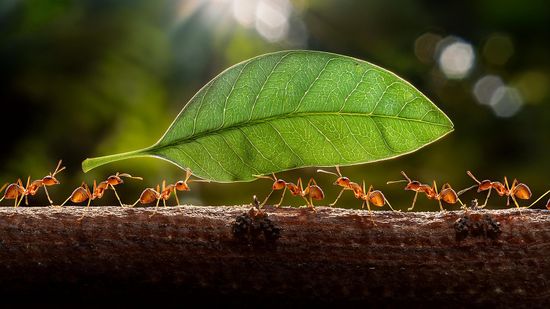
What Is a Group of Ants Called? Army vs. Colony vs. Swarm
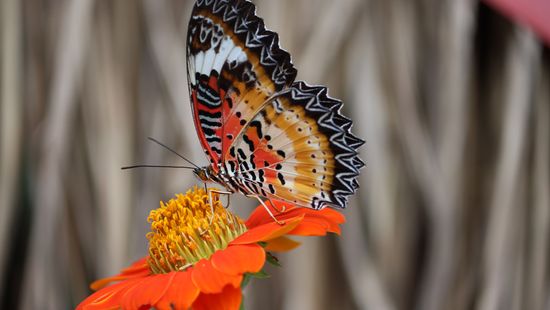
10 Red Butterfly Species Found From India to Florida to Europe
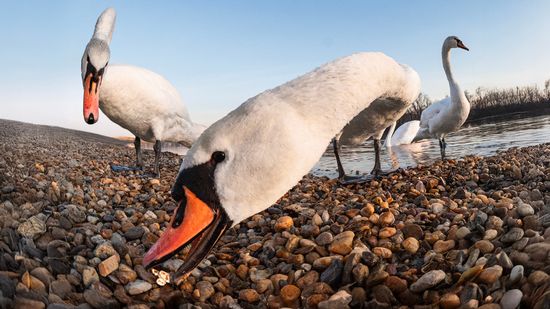
What Is a Group of Swans Called? Not a Flock
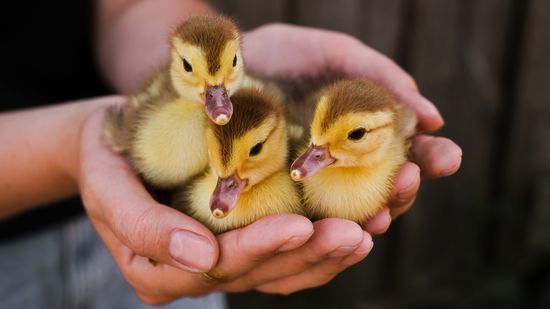
What Is a Group of Ducklings Called? It's Surprisingly Moody
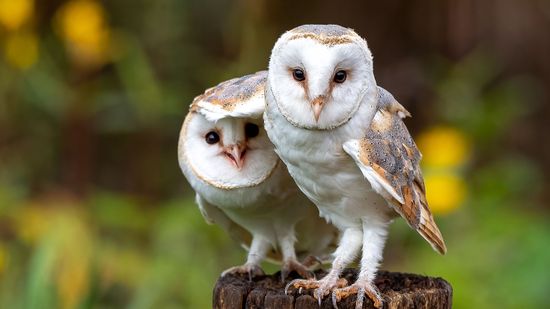
What Group of Birds Is Called a Parliament?
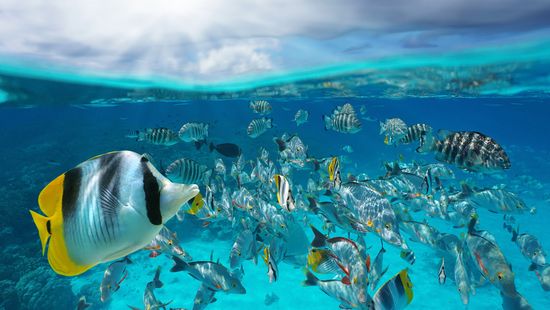
What Is a Group of Fish Called? Not Always a School
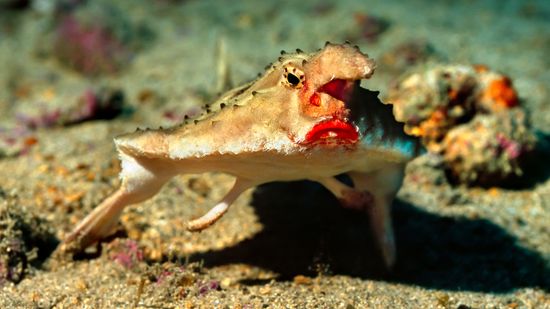
10 Weirdest Fish in the World: Batfish, Hairy Frogfish, and More
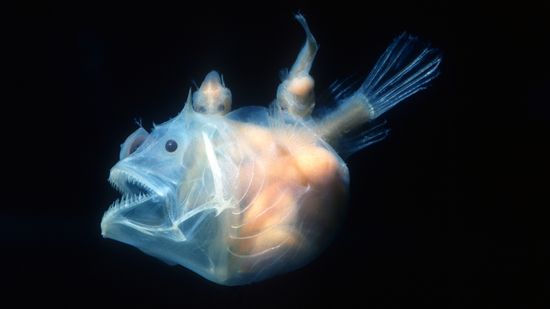
10 Scariest Fish Lurking in Rivers, Deep Ocean Waters, and Shells
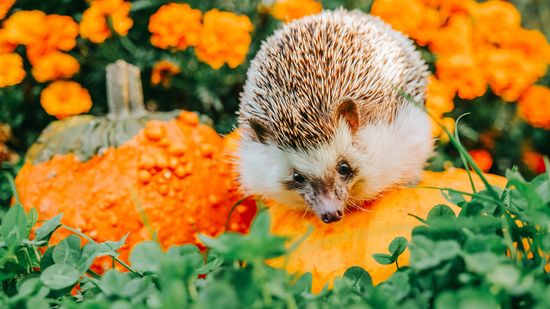
What Is a Group of Hedgehogs Called? It's Adorably Appropriate
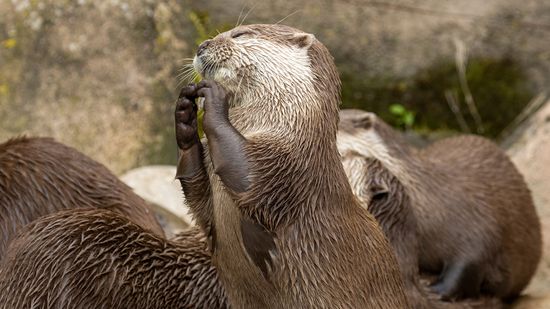
What Is a Group of Otters Called? The Official Terms Are Adorable
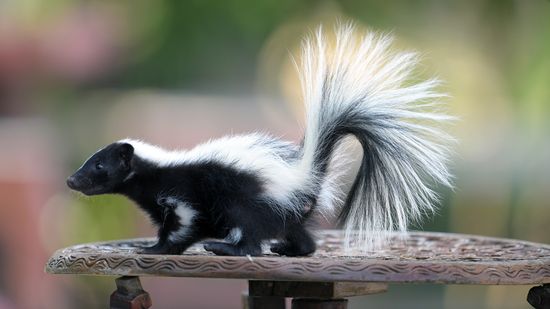
What Is a Group of Skunks Called? Here's Why You've Never Asked Before
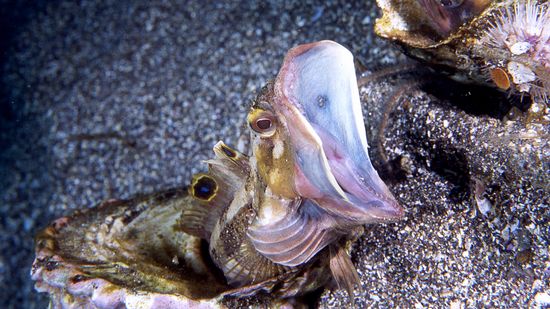
10 of the Scariest Sea Creatures Lurking in the Ocean's Depths
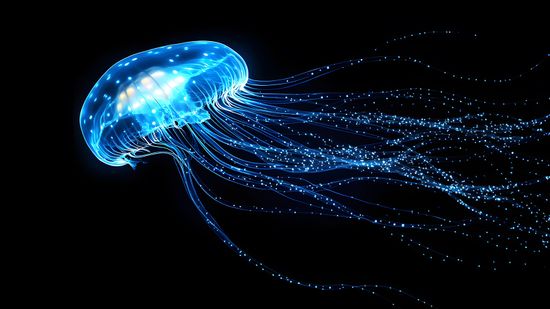
How Bioluminescent Jellyfish Get Their Signature Glow
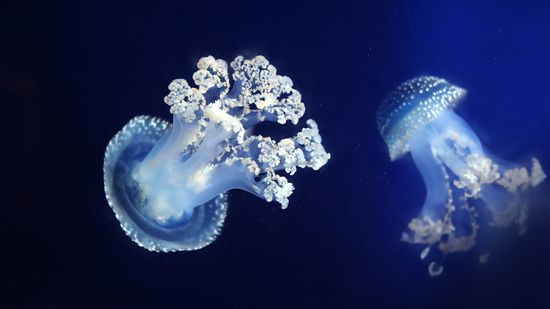
White Spotted Jellyfish: Cute Until They Become Invasive
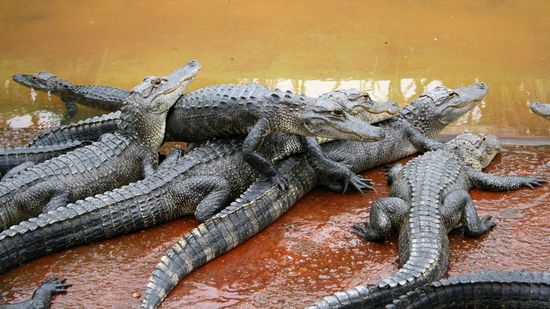
What Is a Group of Alligators Called? It Sounds Surprisingly Formal
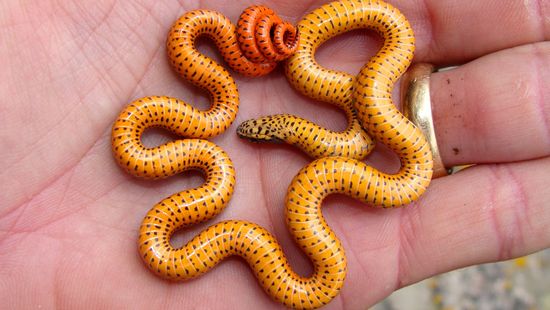
10 Cutest Snake Species That Have Us Squeeing
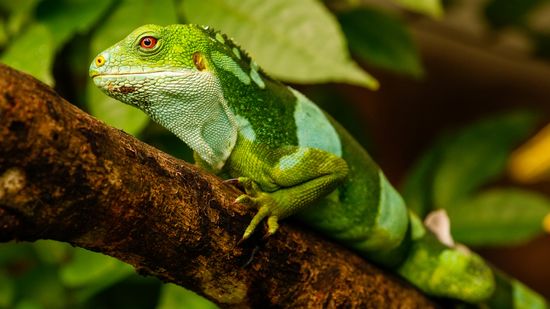
10 Colorful Lizards to Delight Reptile Lovers
Learn More / Page 39
If Bullwinkle had made the move up north, he would have felt right at home. Though moose in Alaska don't have squirrel sidekicks, they do take advantage of their urban surroundings.
Geese don't exchange vows or rings, but they do search for their lifelong mate. However, are geese really faithful, or do they take a gander at the opposite sex?
If the animal world were school, otters would be those kids who never leave the playground. Always begging for five more minutes of recess, otters take playtime very seriously.
Advertisement
Marsupials are mammals that commonly bear a pouch such as kangaroos and koalas. Did you know that two thirds of marsupial species are found in Australia? Find out more by viewing this marsupial image gallery.
By Marie Bobel
If you don't make it past that first "E" during your annual vision test, you might give bats a reprieve by calling yourself "blind as a manatee."
Orangutans might be the most low-key of the world's apes, but that doesn't mean they don't like to socialize. So are these redheads miscast as loners, or are orangutans introverts?
If you come across a cougar, you might scream in fear. So if this predator could easily devour you, why might it harmonize your screech with its own tone-deaf shriek?
Advertisement
Their genetic similarity to humans makes chimps great subjects for medical research. But some countries are banning this research because these apelike similarities are a little too close for comfort.
With powerful jaws, massive paws and piercing claws, the leopard is built for hunting. But how can this cat possibly take down animals three times its size?
Avoiding eye contact is a form of body language (and a sign you're probably lying). Gazelles might not use body language to lie, but they do rely on it to survive.
The Millennium Falcon might be fast in a galaxy far, far away, but the peregrine falcon reigns supreme on Earth. This bird doesn't have warp speed, but it sure can zoom.
Advertisement
When cats go swimming, is it still considered doggy paddling? Tigers might not be invited to your next pool party, but they sure do love taking a dip.
It takes brains to tan leather is and we're not just talking keen intellect and skill. Sometimes that soft, supple feel of leather literally comes from using the old noggin.
Penguins and puffins might love formal wear and waddling, but the similarities end there. These fish-loving birds don't see eye to eye on issues like transportation and real estate.
Vindictive whales like Moby Dick sometimes give these giants of the sea a bad rap. But whales do a lot for their ecosystem, especially after they go to Davy Jones' locker.
Advertisement
Some animals are home hoppers - they'll leave small or damaged shells behind when they find better digs. Are turtles the same, or are they more invested in their keratin coverings?
Giant squid are aggressive creatures that prey on almost anything that comes their way. How big do these monsters of the sea get, and could they really take down a watercraft?
What? You've never heard of a narwhal? Well, it's a cold-water-dwelling, deep-diving, vocalizing, halibut-munching wonder with its very own ivory crown. Did we mention its crazy tusk?
Loners might seem intriguing, but they lead dangerous lives -- a least those in the wolf world do. Lone wolves are outsiders, relying only on themselves to survive without a pack.
Advertisement
Riddle me this: Why are bats showing up dead with a white powder streaked across their faces? Could a poorly understood fungus wipe them out? To the bat cave, readers!
So far, "Planet of the Apes" is pure fiction. But are chimps capable of learning human language (and eventually taking over the world)?
What would happen if a fairytale princess licked a toad instead of kissing it in order to find her prince charming? Trippy hallucinations might await her instead of wedded bliss.
With DDT on the no-no list and international travel more common than ever, the little parasites known as bedbugs are showing up in record numbers across the country.
By Julia Layton
Advertisement
Million-dollar endorsement deals or a sneaker named the Air Roo aren't in the cards for kangaroos. Since these animals can't play in any Final Four championships, why do they hop?
These reindeer won't find any candy canes or fruitcake buried in the frozen tundra. So how do these animals find enough food to sustain them through such extreme weather?
